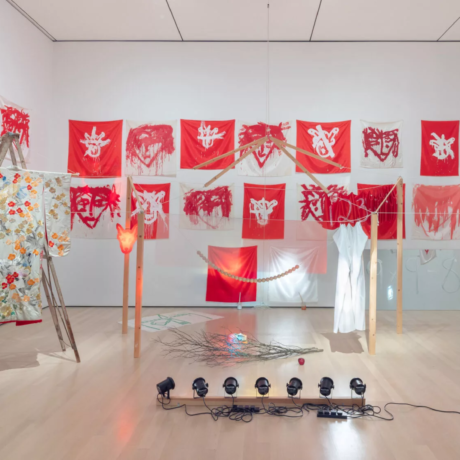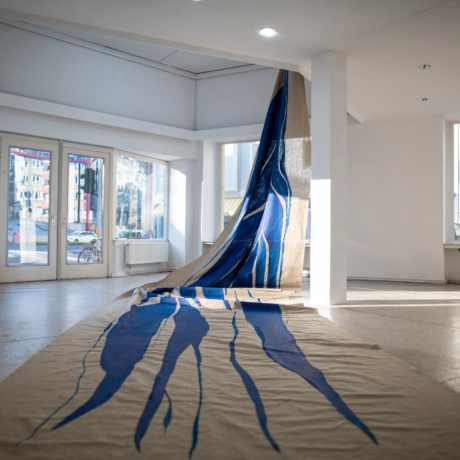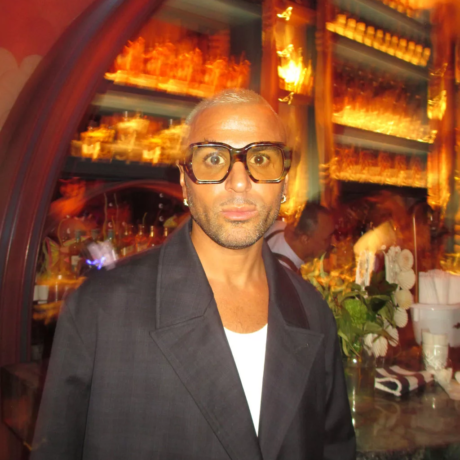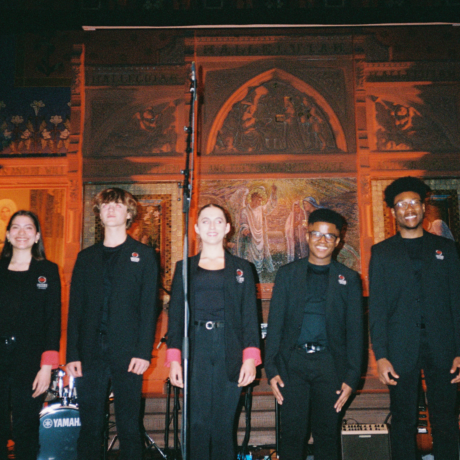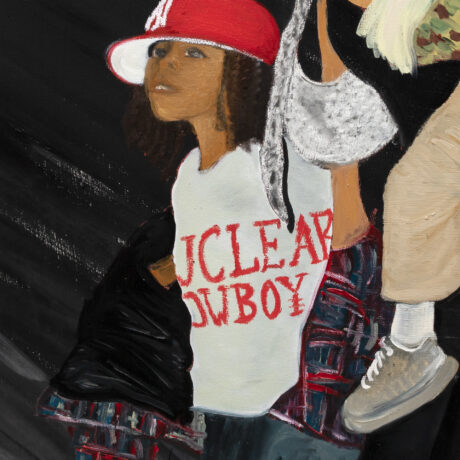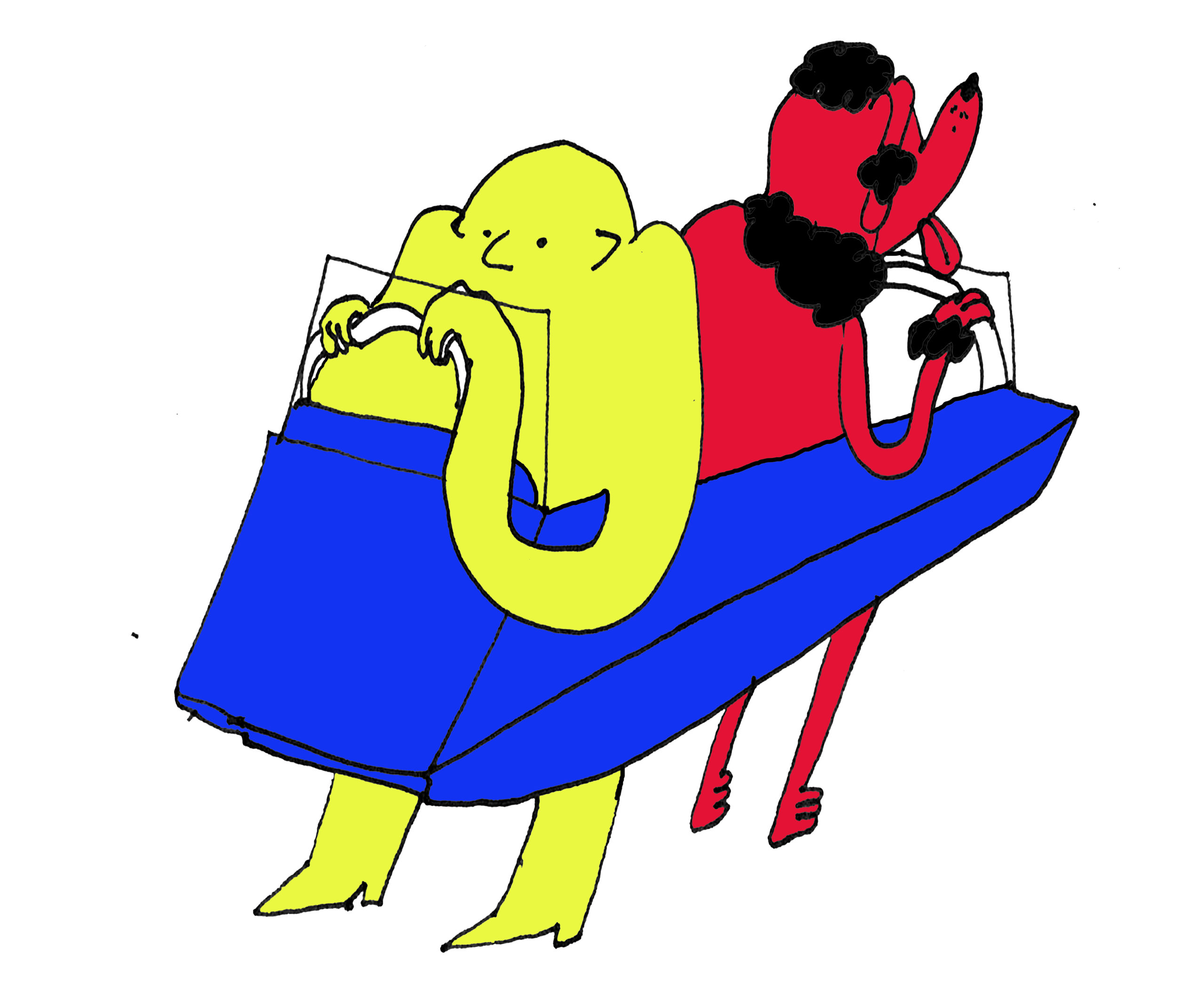
In the early years after I graduated, I watched peers from university as they seemed to accelerate around me while I remained largely stationary. I kept waiting for my career in media to start, but it took longer than I had first anticipated with my wide-eyed optimism and self-belief. I thought that ambition would be enough to carry me forward; instead, all it did was breed resentment in me as I surveyed the growing gap between my hopes and my perceived reality.
I believe it is not an uncommon feeling, among those who achieve highly at school and who go on to attend selective universities, to feel cheated when coming to a grinding halt after years of steady, linear progression. Previously attainable academic goals are swiftly replaced by a treacherous tangle of backdoor interviews and personal introductions from family friends (for those who are lucky enough to score either), if one is to have much of a chance of entering the creative industry at all.
I frequently blamed myself when I found that I was standing still; I often still do, even despite myself. Whether it’s imposter syndrome or the result of a relentlessly neoliberal society that prizes individual success above all else, I turn inwards when it comes to failure. In my early twenties, I wished that I could use my ambitions to progress, but had no idea as to how they might be achieved.
I realise now that I fell for the myth which dictates that university provides a level playing field. For three years, I briefly saw myself as equal to my wealthier and better connected fellow students. It was only after we all returned home that the fissures between us became slowly, creepingly apparent. My parents were interested in my career only in so much as how I might earn a living. The longer that I was back in my teenage bedroom, the more my aspirations to a job that I found personally fulfilling began to feel petty and self-indulgent.
“Whether it’s imposter syndrome or the result of a relentlessly neoliberal society, I turn inwards when it comes to failure”
Part of the problem was having little inspiration as to where I might apply. I had heard of the national newspapers and a few major magazines, all of whom politely ignored my emailed enquiries. With those avenues exhausted, I took to scanning the CVs of journalists who I admired on LinkedIn. It was mainly an exercise in self-loathing, but I believed at the time that they could offer some kind of template for a path forward. I would read them like they were revelatory maps that might finally show me the way, rather than the generic markers of someone else’s career.
Inevitably, every CV is far more interesting for what is left unsaid than what is proudly chosen to feature. There is an entire story behind each job title and trajectory: missed opportunities; sheer luck; privilege. As I scanned these CVs, all I saw was the top line of their titles and opportunities, like the fat skimmed from milk. I didn’t know to look behind the curtain—or perhaps I didn’t want to.
“I am used to working and living precariously,” Irish author Niamh Campbell wrote in the Guardian earlier this week. “It’s possible to live like this for a brief period when working intensely; otherwise, it’s not,” she continued, “A person, especially as they age, needs security. But entrapment in eternal adolescence has long been a condition of making art, and is now also a condition of having been born after 1985.” Born during a recession in 1990, I am all too familiar with the stasis Campbell describes.
It is a sensation that, for many, has returned during the recent lockdown; the empty days that stretched into long weeks offered me a reminder of the aimlessness of my teenage years. These last few months I recalled bored evenings spent at home when I was younger, longing for a release. I was reminded by newly shuttered streets of idle afternoons with fellow underage friends, when we had neither the cash nor inclination to enter bars and restaurants.
“There is an entire story behind each job title and trajectory: missed opportunities; sheer luck; privilege”
As a teenager I was also skilled at dodging homework and delaying deadlines, a tendency that quickly came flooding back during lockdown. Productivity (or the lack of it) has been a common topic of discussion for those with creative aspirations during this period. Amelia Tait recently addressed this in the New Statesman, reflecting on her own ambitions to write a novel: “It feels pathetic and embarrassing to talk about this—I’m not going to pretend it’s top of the world’s problems, or even top of my own—but it’s a scary and sad thing to be given all the time in the world and not even come close to fulfilling your dreams.”
Lockdown has undoubtedly fuelled a certain anxiety in me, and I worry that I still don’t have the discipline or the drive that it would take to fully realise my desires. I have found myself with more time but little understanding of how best to make use of it. “As a mass experiment in worklessness, lockdown has not been, for the most part, pleasurable,” Amelia Horgan wrote last week in Tribune. “To challenge and overcome the logics of work, more is required than a pause. That said, the political space that even a minor reduction in working-time has propagated is worth remarking on; would the mass anti-racist uprisings have happened without the time afforded to their organisation through a reduction in work?”
It is an important argument, and one that embraces the alternative possibilities that worklessness has brought about on a collective rather than an individual level. The pandemic might just offer a chance to find a new method of working collaboratively in the creative industry, where the focus has so consistently been on the exclusive and the singular. There is renewed discussion among my generation and other young people of joining unions, and greater transparency on how to break into the industry through peer-led networks of support and mutual aid. As many continue to struggle to find their way in the world of art and media, a change in direction is long overdue.
Are We There Yet is a fortnightly column by Louise Benson. Top image © Anna Hofmann
